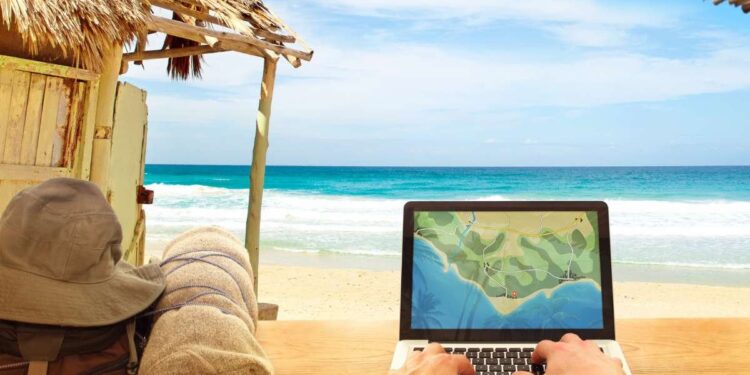Detailed Malta Digital Nomad Visa (Nomad Residence Permit) Requirements and Application Timeline
The Malta Nomad Visa is also known as the Nomad Residence Permit (NRP). Malta now hosts and invites digital nomads from the EU. The permit is valid for one year and can be renewed each year. The Digital Nomad Visa does not require a job offer from Malta. This essay explains all you need to know about the Malta Nomad Visa, including the prerequisites and application process.
This Article is Free for Subscribers
Access 2000+ premium insights, visa updates, and global lifestyle stories all in one place. <div> For Subscribers, Login here
Login if you have purchased



































